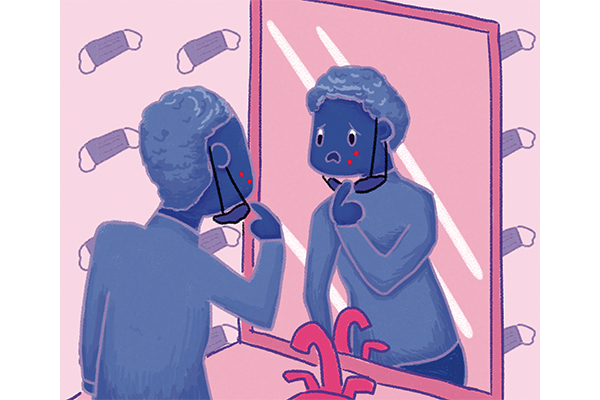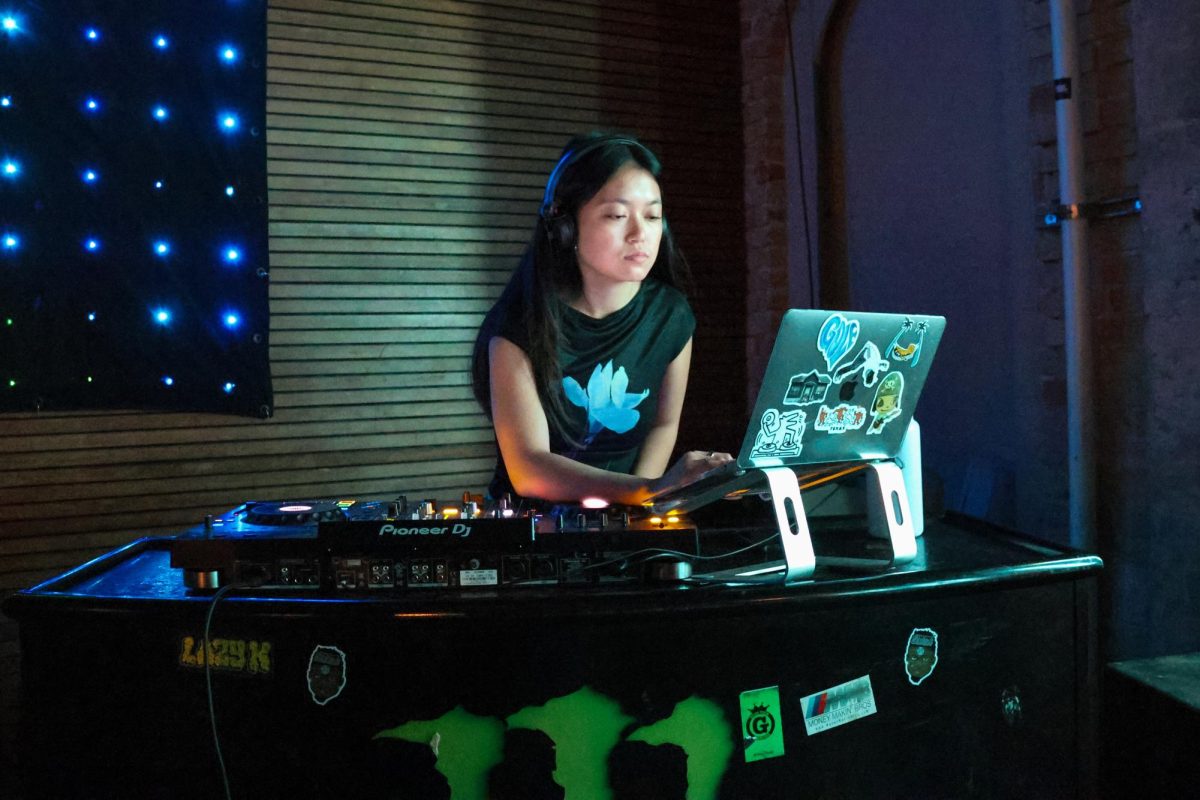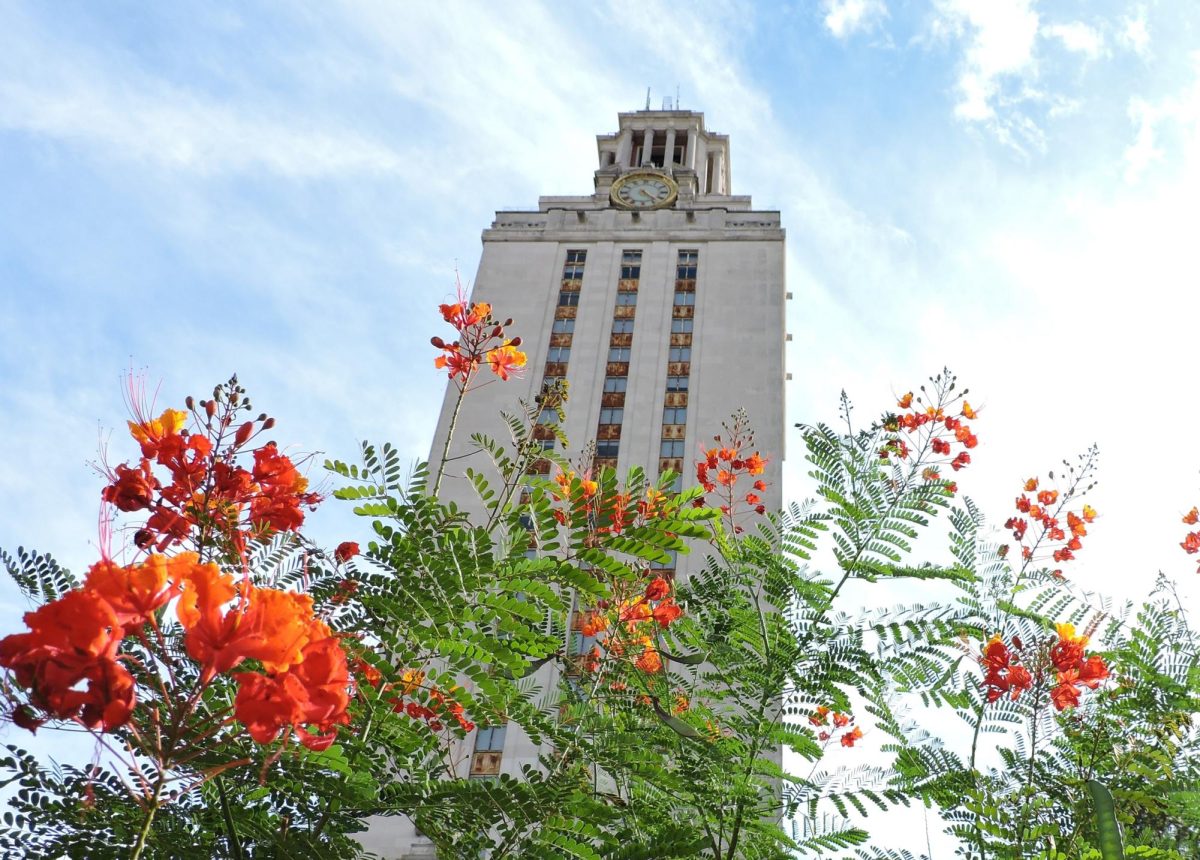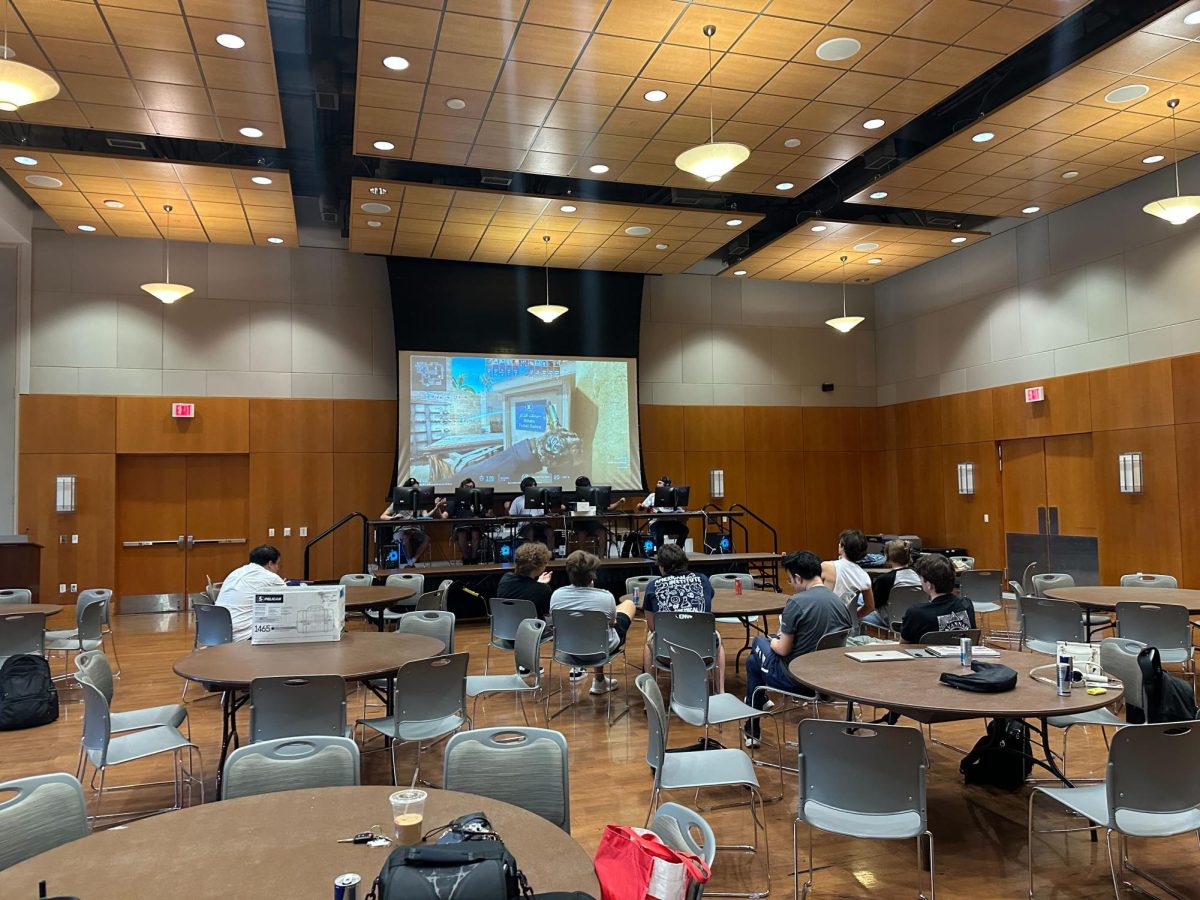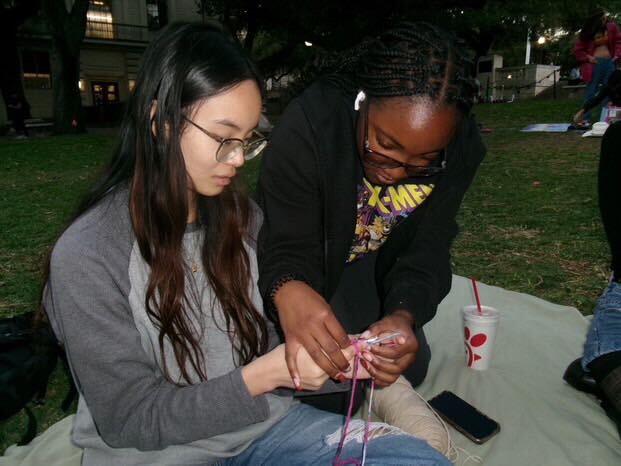Underneath students’ masks all over campus, the “maskne” struggle is real.
Acne and irritation caused from wearing a face mask, commonly dubbed as “maskne,” is scientifically known as acne mechanica.
To help students find efficient ways to prevent and treat the condition, The Daily Texan spoke to Kathy Dolan, a licensed esthetician and owner of Mont-Ro Skincare in Tyler, Texas.
The Daily Texan: What is “maskne,” and why does it happen?
Kathy Dolan: Mask acne is the production of bacteria that forms when you have something (like a mask) close to the surface of the skin, obstructing the oxygen to get to the skin. That bacteria causes irritation and causes pustules, it can cause dryness and redness. It really depends on how much you have to wear the mask that causes the issue.
DT: How would you advise students to prevent “maskne”?
KD: Make sure you're changing your mask out every day, and also use gentle cleansers and moisturizers. Stay away from harsh products or things that have a tendency to dry the skin out. All (the) topical acne medicines are not necessarily the best to use when you have mask acne because it’s a little different than regular acne. It comes with a lot of irritation and dryness and you don’t want to put any of those chemicals on it because it will make it worse.
DT: What skincare products would you advise students to use in their skincare routine right now?
KD: I would say a good, gentle cleanser and something topical that helps to soothe and build the skin. Try to get (a cleanser) that’s mild to clean the skin with (as well as) a moisturizer or serum that would calm and condition the skin. I would lean toward milder drugstore products. The grocery store provides CeraVe and Cetaphil. As we're going into winter, you're going to need more moisture because mask acne can get more irritated if (the skin) is dry.
DT: Is there anything you recommend students add on top of their normal skincare routine?
KD: Something that’s calming and soothing like aloe vera, or chamomile (to) help neutralize the skin, make it less acidic (and) more neutral. People always want to break the skin down when it's broken out and that’s the worst thing you can do. What you should do is build it backup to make it strong so that it can fight whatever is going on.
DT: For someone that currently has “maskne,” what are some steps they could take to treat it?
KD: The skin usually recovers pretty easily, especially if you take care of (it.) You just have to give it a break. If you have a situation like (in school) where you have to wear a mask all day, find moments where you can (safely) take it off and let your skin breathe. That would make a huge difference.
DT: How should students wash their masks?
KD: You should wash it every day. I know that seems like a lot, but you can get a package of five or seven for every day, and then at the end of the week (wash them). Use (a detergent) that has the least amount of chemicals. You can use soaps for newborn babies, because those have the least amount of chemicals in them.

